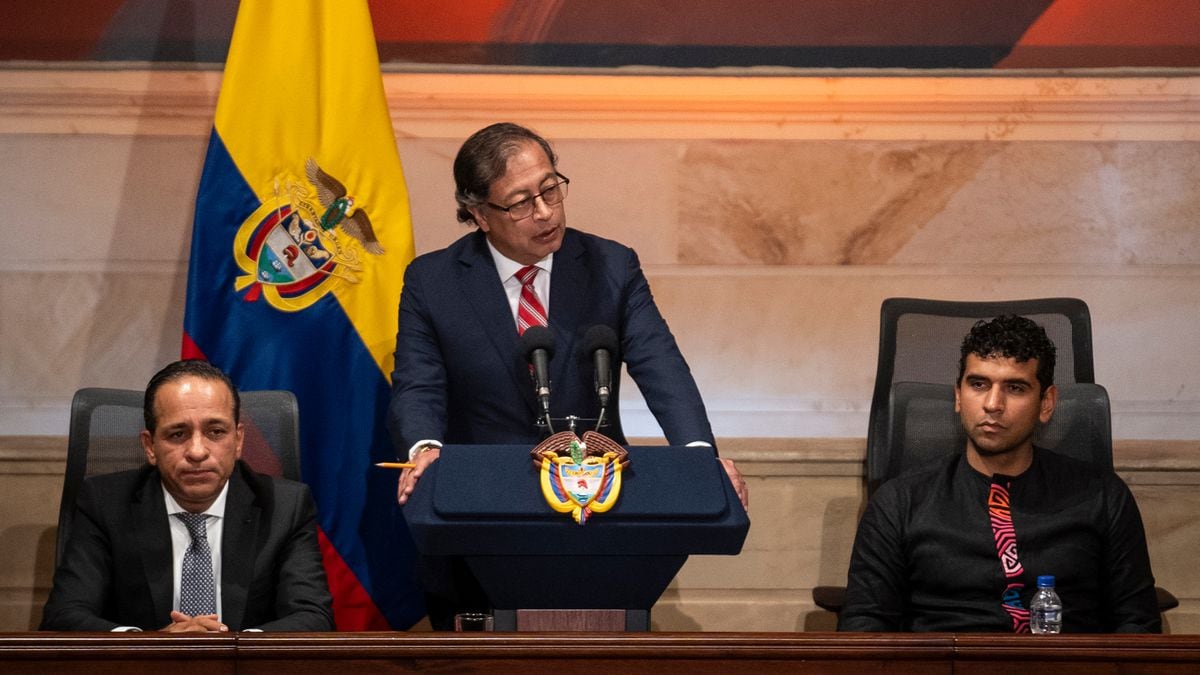Enlarge image
French Prime Minister Elisabeth Borne is to push through the pension reform desired by President Emmanuel Macron.
Photo: Ludovic Marin/EPA
Before the start of the parliamentary debate on the controversial pension reform, French Prime Minister Elisabeth Borne approached the conservative Republicans.
Borne told the Sunday newspaper Le Journal du Dimanche that anyone who started working at the age of 20 or 21 could retire at 63 instead of 64.
"We hear the demand," said Borne.
Government relies on Republican votes
The government wants the French to work longer in the future: the retirement age is to be raised from 62 to 64 by 2030.
The government needs the votes of conservative Republicans to get the reform through Parliament.
Its boss, Eric Ciotti, had recently called for it to be avoided that “those who started working earliest had to pay in the longest”.
After the debate in the National Assembly on Monday, the bill will then go to the Senate, in which the Conservatives have the majority.
The government wants to get the law through by the summer.
Pension reform is President Macron's most important campaign promise
The government justifies the reform with the necessary balancing of the pension system, which could otherwise reach a deficit of 14 billion euros by 2030.
Adjustments are possible as long as the goal of a balanced budget for the pension fund is not endangered.
For French President Emmanuel Macron, the pension reform means keeping one of his most important campaign promises.
According to the Ministry of the Interior, a good one million people took to the streets in nationwide protests against the reform at the end of January.
Another demonstration is scheduled to take place on Tuesday.
In addition to mass protests, the president and his government fear long-lasting strikes, for example in transport companies or refineries, which could paralyze the country.
Some unions have already spoken out in favor of extendable strikes.
During Macron's first term in office, there had been strikes for weeks against his plan for pension reform at the time.
Ultimately, the reform was postponed because of the pandemic.
npa/dpa/reuters/afp














